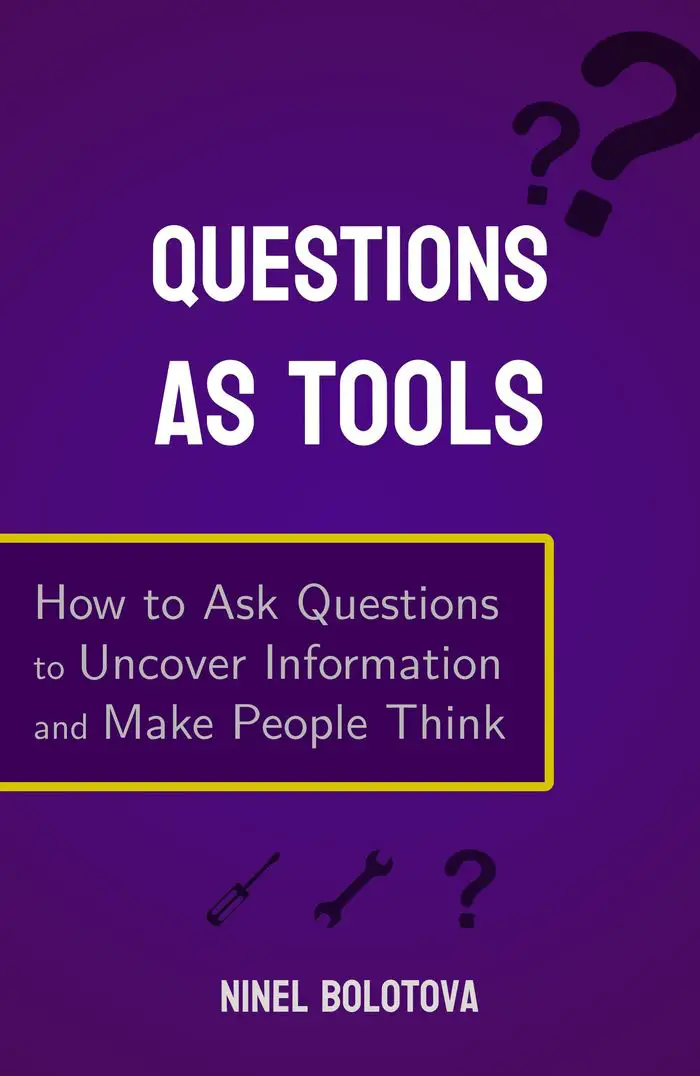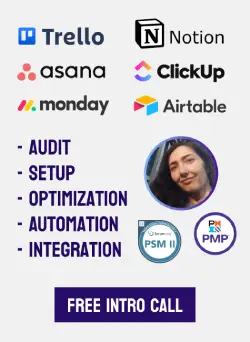Should I Renew My Professional Certification or Let It Expire?
Your professional certification will expire soon, but you have doubts about whether you should renew it or not.
Maybe you don’t have the time or inspiration to earn the Continuing Education units your certification provider requires. Or perhaps you don’t feel that this credential was particularly useful to you, and don’t want to pay the renewal costs.
In this article, we’ll break down the value your credential has been providing you or could provide you in the future.
Once you give yourself honest answers to the questions below, you’ll have a good idea of whether you should keep maintaining your credential or let it lapse.

photo by @wocintechchat on Unsplash
Why do professional certifications expire?
The answer seems obvious: in today’s fast-paced world, technologies change, standards of profession evolve, and it’s important to stay current.
However, when CompTIA changed their certifications from Good-for-life to renewable, it caused a public outcry. But it was just a clash of expectations – people were angry that they “didn’t sign up for” paying the provider every few years.
In this day and age, refreshing your knowledge and paying every few years to renew your credential is pretty much expected.
Once you’re in, you’re in for the long haul – that’s why it’s so important to weigh the options not only from the perspective of the exam preparation time and costs, but also consider the time and money investment of the long-term maintenance.
Related: Top 6 Cybersecurity Providers’ Recertification Costs.
Are there IT and Agile certifications that don’t expire?
Certifications might be life-long if they’re tied to a specific product. The credential remains relevant for as long as the product it relates to is in demand.
**VMware **removed the obligatory 2-year recertification requirements. Now updating is optional, and it usually happens naturally as the company moves on to the newer versions.
**Microsoft **role-based and specialty certifications are good for one year, but the renewal is free and easy. Their fundamentals certifications are good for life. Microsoft removed the recertification requirements for a few of their specialized credentials, only to retire half of them to focus more on role-based training and certifications.
For the **Atlassian **products (Jira), certifications are prolonged by earning skill badges via taking a free course and paying a small fee to pass the graded assignment.
On the Agile side, there’s Scrum.org. Their most famous credential is Professional Scrum Master (PSM). Scrum.org certifications are about the understanding and masterful implementation of the Scrum Guide principles, and the Guide only had minor changes over the years.
However, for most of the products, like AWS, you still need to get recertified every three years on average.

photo by @brettjordan on Pexels
Should I let my certification lapse?
Ultimately, you’ll make a decision based on your feelings, and the questions below will help you weigh the rational and emotional aspects, clarify how you feel, and be confident about your decision.
Some questions will resonate with you more than others.
1. Why did you obtain that credential?
If you contemplate ending things, let’s recall where it all began. What was your reason to get certified in the first place? And if it’s no longer topical – why?
- Did you earn the credential to get a job that you already landed and outgrown?
- Did your employer prompt you to get certified and paid the costs, but you didn’t have much personal motivation?
- Was it for the thrill of learning, improving your skills, and passing the exam? And now that you achieved that, you have little to gain from the experience?
- Did you think the credential will improve your marketability and earning potential, but it seems like it never played a role?
Your motivation, circumstances, and life experiences are different from what they were two or three years ago. Are the reasons that prompted you to get that credential still relevant?
What drives you today?

photo by @cottonbro on Pexels
2. Did you miss a job opportunity because you didn’t have a certification?
Another way of broaching this subject is: “Did you get a job because of your certification?”
But I’ll approach it from another angle.
Maybe you tried to apply for a job that mentioned a certain credential in the description, didn’t land it, and had a suspicion that the employer preferred a more decorated candidate?
Or did the potential employer outright say something along these lines?
How much time has passed since then? How much experience and recognition did you gain? If you were to apply to this job with everything else that you have now, but without the certification in question – what do you think the result would’ve been?

3. Did you ever get a job because of your certification?
Actually, let’s ask this question as well. Could you attribute any of the jobs you landed to a particular certification you have, especially if it’s not a widely recognized credential like PMP or CISSP?
Related: How to get the PMP certification.
4. Are you planning to apply for a new job or change careers within a year or two?
There are various reasons why people get professional certifications, and not the least of them is impressing potential employers or clients.
Do you see yourself having to impress anyone in the foreseeable future?
Staying current in your profession and earning certifications might lead to a promotion or a raise at your current job – though it’s actually easier to get the salary increase if you switch jobs. If you don’t earn a new credential but only maintain the old one, it’s especially unlikely to give you extra points at your current job.
Are you fully content with your current position and salary, and anticipate you’ll be happy with them for the next couple of years?
Certifications give you a competitive edge, even if the job doesn’t explicitly require them.

photo by @tima-miroshnichenko on Pexels
5. Does the credential still improve your profile?
Whether you grew within your career or changed careers – does the certification still add substantial value to your resume?
If you were to list the top 5 credentials and achievements relevant to the career you have your eyes on, would this certification make the list?
And if you started your own business and aren’t presenting your resume to any hiring managers – will the credential give you advantages in the eyes of potential investors or clients?
6. How hard will it be to earn the certification again?
With some certifications, you just need to buy the exam access code, and you could schedule it whenever you’re ready.
But more often than not, there are additional conditions and nuances, like:
- Having a related, verifiable, recent work experience
- Having an active lower-level certification
- Passing a paid training or a course
- Having a membership
Once you passed that barrier of entry, how daunting and resource-consuming do you think it would be to tackle it again?
Also, I think that as far as hardships go, if you studied hard to get your certification initially, it doesn’t make obtaining it again harder. You already possess most of the knowledge you need, and having a refresher will just be invigorating.
7. Are there other available certifications that are more relevant to your career and aspirations?
If there’s another certification that is more pertinent or holds more weight in your profession, you’ll probably be more inspired to pursue this one than to maintain your old one.

photo by @oskyler-ewing on Pexels
8. Do you feel the Continuing Education program brings value?
As you know, besides the renewal fee, the certification providers require a certain number of professional development units.
Here are a few examples, linked to the guides on unit requirements and ways of earning them:
- PDU for PMP and other PMI certifications
- CEU for Security+ and other CompTIA credentials
- SEU for CSM and other certifications by Scrum Alliance
They’re meant to give an additional incentive to learn and improve your skills in the areas related to your credential.
And if you’re invested and active in that area of expertise, earning the professional development units should cause no issue. You’ll be just registering the activities that you already do naturally.
But does it come naturally to you?
Do you enjoy reading books, watching webinars, coaching, and performing other activities that give you continuing education units for your certification?
Do you feel like you genuinely get new knowledge and insights from the materials you consume, events you visit, and other experiences you have?
Or does it feel like a chore, something that only needs to be done to get the credit?
9. Do you network with the other certification holders?
Institutes that issue certifications usually have communities that you’re encouraged to participate in. There are also groups and events run by companies and professional communities.
Do you participate in those, or engage with your peers in some other ways? For example:
- Attending events organized by the certification provider
- Conferences by professional societies
- Found job opportunities with the help of people you met on your certification journey
- Recommended fellow credential holders to your peers
Do you still you’d have any less access to resources, connections, opportunities or events if you didn’t have a certain certification active?
Conclusion
Having a credential gives you a competitive edge with varying degrees of tangibility.
But in my opinion, the biggest benefit of achieving a professional certification is the knowledge and insights you obtain while preparing for and passing the exam.
Does maintaining a credential still push you forward, does it help you hone your skills and stay in tune with the developments in the area you’re invested in? Do the benefits outweigh the costs?
Whether you eventually renew your certification or not, this has to be a conscious decision. Don’t just passively let it lapse because of the lack of planning. But don’t succumb to the sunk cost fallacy.
And whatever you do, keep learning.

 Ninel Bolotova, PMP, is a workflow expert setting up and automating processes in ClickUp, Trello, Notion, Monday and other PM tools. She enjoys challenges related to process setup, automation and optimization.
Ninel Bolotova, PMP, is a workflow expert setting up and automating processes in ClickUp, Trello, Notion, Monday and other PM tools. She enjoys challenges related to process setup, automation and optimization.